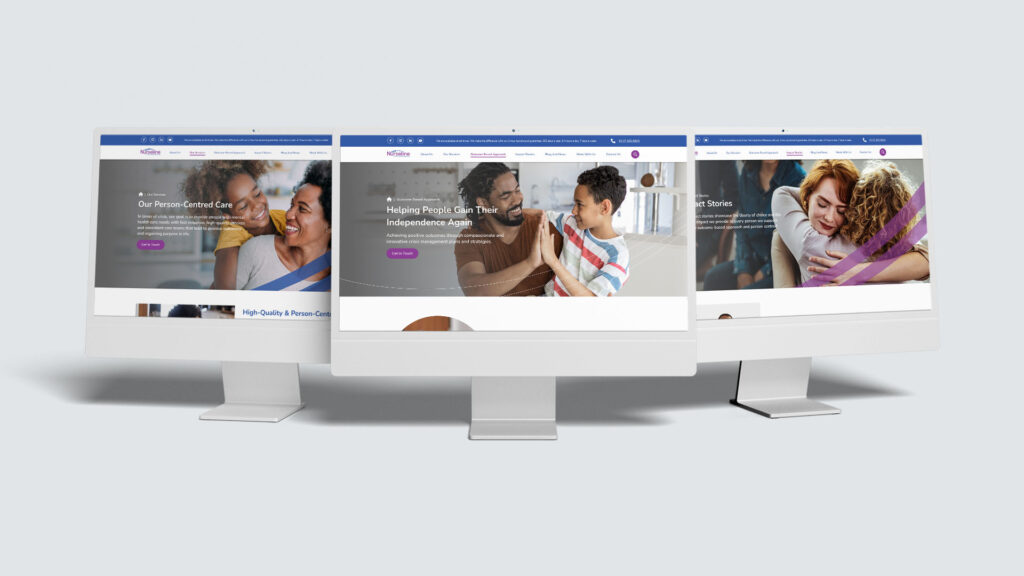As a dedicated organisation committed to enhancing mental health support through innovative community-based solutions, we’re thrilled to look back on our most recent collaboration.
Joining us in this mission is the prestigious University of the West of England (UWE), known for its robust academic programs and proactive approach to real-world learning.
We are thrilled to announce an exciting collaboration between Nurseline Community Services and UWE. This partnership, which spanned from February 19th to April 14th, focused on facilitating student placements that promise a rich, hands-on learning experience.
During this period, we welcomed two enthusiastic second-year students, Alba Hone Lopez and Thomas Stoate, to our Bristol office. Their involvement was not just a boost to their professional growth but also a valuable addition to our community.
Background of the Collaboration
The collaboration between Nurseline Community Services and the University of the West of England (UWE) stems from a shared commitment to enriching education with practical experience and strengthening community health services. This partnership was sought for several key reasons that align with both institutions’ strategic goals and core values.
At Nurseline Community Services, our mission to provide exceptional mental health support is deeply connected to the education and preparation of the next generation of healthcare professionals. By partnering with an esteemed institution like UWE, we aim to integrate academic learning with real-world application, ensuring that students not only learn theoretical aspects but also understand how to apply these concepts in a community setting.
For UWE, the collaboration is an opportunity to offer students a unique placement that goes beyond traditional classroom learning. It allows students to engage directly with professionals in their field of study, gaining invaluable insights and hands-on experience that are essential for their career development.
‘From the get-go, every aspect of the next two months was planned out from day one. I knew where I was going to be and what I would be doing was expected of me. And who I would be working with.’
– Thomas Stoate, UWE Student
Student Placements Can Shape the Future of Healthcare
Student placements play a crucial role in shaping the future of healthcare by providing a vital bridge between academic knowledge and practical application. Through these placements, students gain firsthand exposure to the complexities and challenges of the healthcare sector, allowing them to apply classroom theories in real-life scenarios. This not only enhances their learning and adaptability but also prepares them to enter the workforce as well-rounded professionals who are better equipped to handle the demands of their roles. Additionally, these experiences foster innovation as students often bring fresh perspectives and new ideas to the table, which can lead to improved practices and solutions within healthcare settings.
By integrating students into the fabric of current healthcare practices, placements help cultivate a more dynamic, responsive, and forward-thinking healthcare workforce, poised to meet the evolving needs of society.
‘I had the great privilege of working alongside some fantastic CPNs and general managers who have this wealth of knowledge, and they’ve been very generous with what they’ve been able to share with me. So, moving forward, I will take those skills onto my next placement and to the University.’
– Thomas Stoate, UWE Student
Summing Up Our Journey
By merging theoretical learning with practical experience, this initiative not only prepares students for the challenges of their future careers but also injects fresh perspectives and innovative ideas into everyday healthcare practices. The goals of both institutions—to foster educational support, innovation, and professional development—underline a commitment to advancing healthcare education and service delivery.
Don’t miss out on the enriching experiences shared by our student Thomas Stoate in the video interviews included in this blog. His insights provide a deeper look into how academic partnerships like ours can practically benefit future healthcare professionals.




